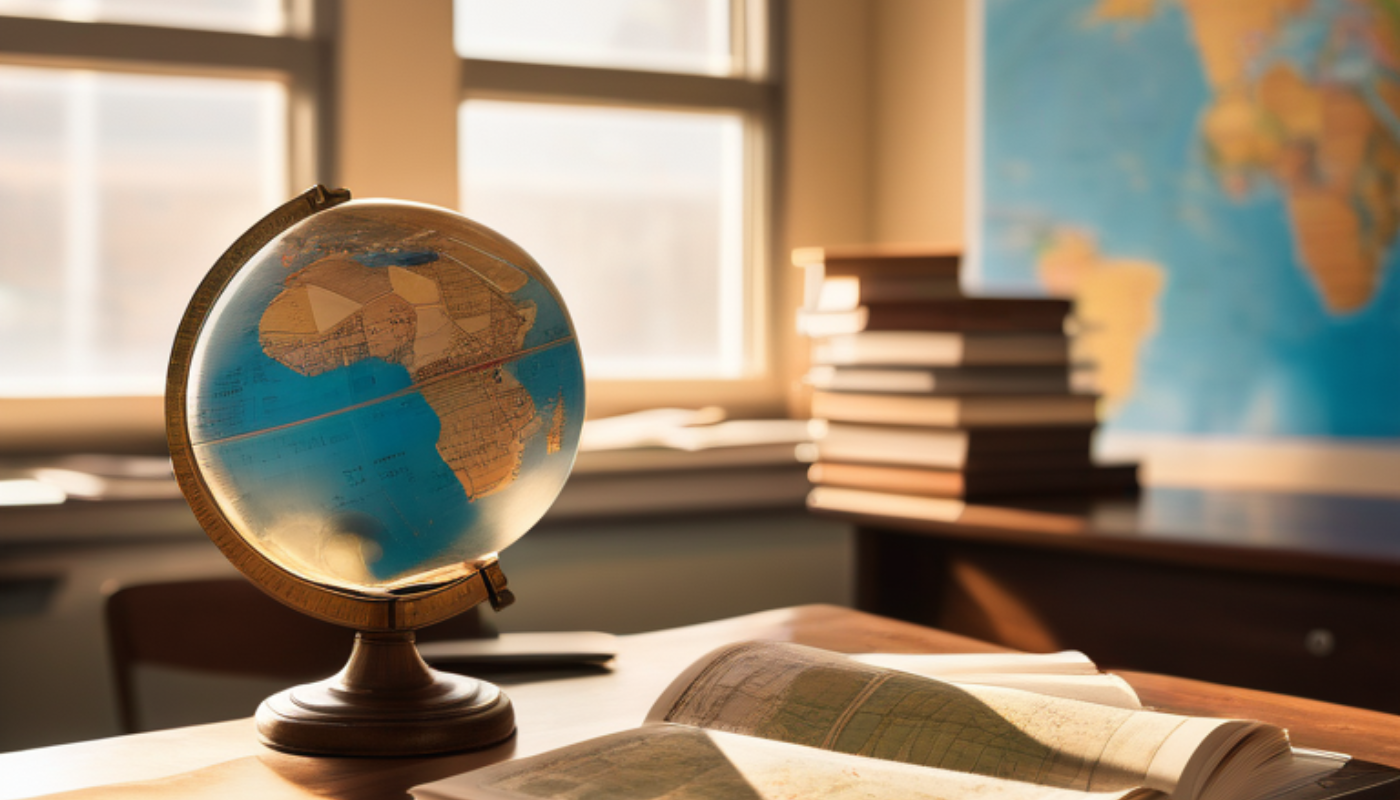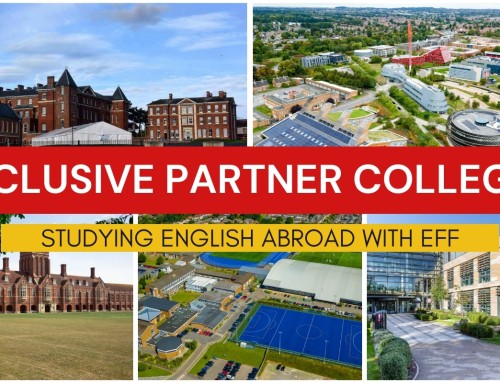In today’s connected world, it is important to be a global citizen because we need to understand different cultures and accept diversity now more than ever. This blog explores how study holidays can give you the skills you need to thrive in our global society.
What is a Global Citizen?
A global citizen is someone who knows what is happening around the world and understands the part they have to play in it. They care about their local community and the wider world too, and they take action to help build a fair and sustainable future.
Having a global mindset is key to being a global citizen. This essentially means respecting different cultures, caring about social justice and being willing to learn from others different to yourself. Global citizens understand how global issues connect, and they work hard to create positive and lasting change.
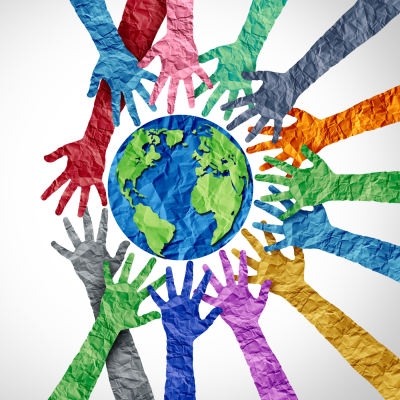
The Importance of Cultural Immersion in Developing Global Citizens
Cultural immersion is very important in becoming a global citizen. When people begin to truly understand different cultures, they experience different perspectives, customs, and ways of life. These experiences help to grow empathy, they open our minds and reduce stereotypes and biases.
Understanding the Role of Cultural Diversity
Recognizing and appreciating different cultures is important for global citizenship. Every culture has its own different views, ideas, customs, and values. These differences deeply enrich and add value to the world that we all live in.
Getting involved in cultural activities is important. Trying local food, attending cultural events, and meeting local people help us explore and appreciate different cultures and understand the world better.
Through these experiences, we learn to care for and respect cultural differences. This helps us make strong connections and promotes cultural understanding.
How Empathy Leads to Effective Global Citizenship
Study holidays are great for building a global mindset. When people meet others from different backgrounds, they also experience and learn about different ways of life, helping them understand different viewpoints and problems better.
Empathy is important for being a good global citizen. When people feel what others feel, they are more likely to help those who need it. They begin to realize that we all have similar human experiences, and seeing how global issues are linked creates a deeper understanding of how we are all responsible for other people and our planet. As a result, they become more caring and engaged global citizens.
Study holidays help you see how people live in different cultures. This helps you understand our shared humanity, makes you appreciate cultural differences, and encourages you to work for and champion a fairer world.

Experiencing New Cultures Through Study Holidays
Study holidays are a fun way to discover new cultures. They mix education with travel, which allows people to learn and grow in a calm and friendly place.
Moving out of your comfort zone and trying new things is important during study holidays. These experiences help people become more open-minded, rethink their beliefs, adapt to new situations, and learn more about themselves and the world.
Here are some ways study holidays help you explore different cultures:
- Study holidays help you meet new people and make friends from different cultures.
- You can try local foods and see different cooking styles.
- You get to visit new places and practice your language skills.
- These trips let you feel local customs and traditions in real life.
- You can share your culture while learning about others.
- Staying with host families helps you live daily life in a new culture.
- Joining language exchange programs can improve your communication skills.
- Participating in community service projects allows you to help local communities.

Learning the English Language on a Study Holiday: A Gateway to Global Citizenship
Language learning is important for being a global citizen. It helps you learn about different cultures and allows you to connect better with others, which will help you feel what others feel more easily. It removes communication barriers and brings opportunities for new ideas, beliefs, and friendships.
How Does Learning a New Language Improve Cross-Cultural Communication?
Learning a new language helps more than just your communication skills. It also builds connections between different cultures, leading to a world that is more understanding, kind, and friendly. Here’s how:
- Learning a new language helps you see and enjoy the differences in another culture. It can also close gaps caused by different ways of speaking, humor, and social rules.
- When you learn a new language, you can better understand how different people think and live. This builds empathy and cuts down on misunderstandings.
- Speaking the language of another culture helps you communicate better. This skill is important during your study abroad trip as it leads to better relationships and less confusion.
- Talking directly in another language helps break stereotypes. It lets you understand other cultures better and share your own culture in return.
- Good communication across cultures, backed by language skills, can help settle conflicts. It leads to better understanding and communication between people from different backgrounds.
Best Practices for Language Acquisition Abroad
Immersive language learning is a great way to learn a new language. When you are around a new language and culture, you pick up new words, improve your pronunciation, and boost your understanding of the rules of the language more easily.
This helps your brain become more flexible and improves your long-term retention. Education FF offers study holidays made just for this!
- Use your time wisely to practice the language every day.
- Watch movies or shows in that language to help with listening skills.
- read books or articles that interest you.
- Talk with native speakers as much as you can.
- Write with the language to improve your skills.
- Join a group or class to study with others.
- Listen to songs to learn new words and phrases.
- Set specific goals to stay motivated and track your progress.
- Use apps or websites for practice and resources.
- Take breaks when you feel tired to refresh your mind.
- Be around the language as much as you can. Talk to native speakers every day, join fun events, and watch movies or listen to music in English.
- Use language learning apps and tools. They can help you practice vocabulary, grammar, and pronunciation.
- Accept mistakes as part of learning. Native speakers will likely appreciate your effort and help you get better.
- Write in a journal about your daily experiences and thoughts in English. This practice helps you remember new words and practice grammar.
These tips can turn study holidays into great opportunities for language learning and cultural understanding.
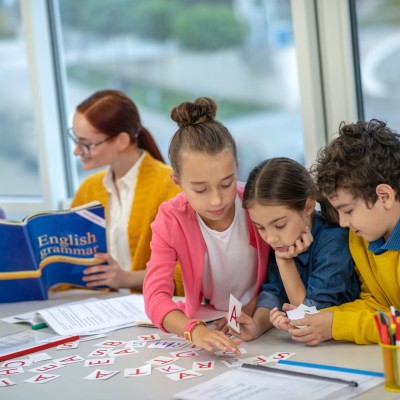
Practical Skills Gained from Study Holidays
Study holidays offer more than just cultural and language gains. They help people learn important skills needed in today’s world. These experiences encourage adaptability, enhance problem-solving skills, and create resilience.
Enhancing Problem-Solving Skills
Navigating new places during study holidays can make you better at solving problems. You may run into challenges like finding your way in a new city or learning about different cultures, and these experiences help you think critically and find creative solutions.
Building Adaptability and Resilience
Study holidays offer real-life experiences, which help you become more adaptable, resilient, and flexible. When you are in an environment where you are encouraged to try new things and step outside your comfort zone, your confidence and independence will grow.
These experiences can include:
- Changing to a new daily routine that is different from your usual one in your home country.
- Handling and navigating language differences.
- Learning how to use public transport in a new place, or figuring out what to do when you get lost.
Every experience, big or small, helps you grow. It makes it easier to accept change and the unknown.
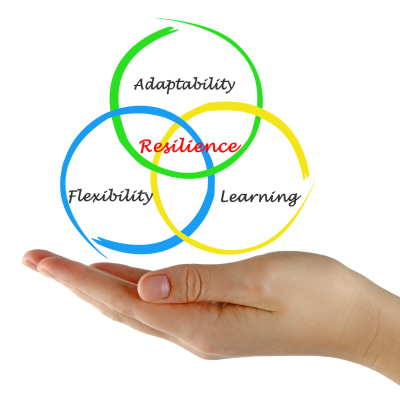
How Can Schools Incorporate Global Citizenship into Their Students’ Learning?
Schools can take easy steps to add study holidays to their learning plans.
- Work with companies or travel agents that offer study abroad programs focused on cultural exchange and learning a new language. Look for funding options like grants, scholarships, or partnerships. This can help more students participate in these programs.
- Focus on skills like empathy, adaptability, and communication across cultures.
- Offer clubs, societies, and extracurricular activities that deal with global issues, international relations, and cultural exchange.
- Add topics about global citizenship to existing subjects or create new courses that include study trips as important parts.
By using these tips, you can help your students become active and involved citizens of the world.

How Study Holidays Prepare You for Global Citizenship: Final Thoughts
Study holidays offer a unique opportunity to immerse yourself in different environments, fostering skills and insights that are crucial for global citizenship. From enhancing cultural awareness and communication skills to building resilience and empathy, the experiences gained during study abroad programs lay a strong foundation for becoming a more informed and proactive global citizen.
Embracing these opportunities enriches your personal and academic journey and equips you to contribute meaningfully to a global society. As you prepare for your next adventure, remember that every new culture and experience is a step towards a broader, more inclusive perspective!

